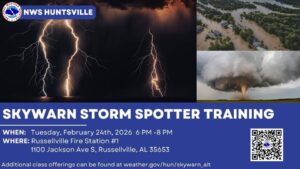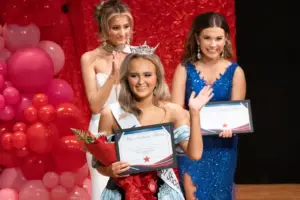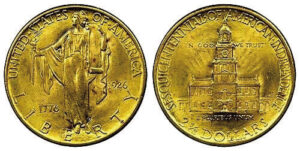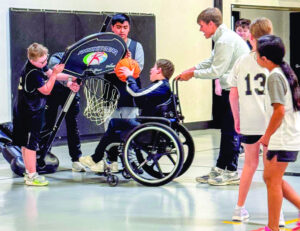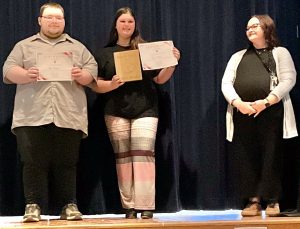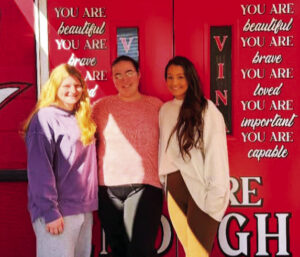Flying high with Alabama’s drummer
Mark Herndon became the drummer for the band Alabama on April Fool’s Day, 1979, in Myrtle Beach, South Carolina. Recently, I had the opportunity to talk with him about his early life, his musical influences, and the story of exactly how he became their drummer.
We also talked about many of the sold-out shows, Gold Records, and awards the group won in the 1980s, 1990s, and 2000s, all the way up to his triumphant reunion a few weeks ago with Randy Owen and Teddy Gentry at the Alabama concert at the Orion Amphitheater in Huntsville.
Herndon grew up in South Carolina, living in various cities, most notably, Florence. Before Herndon’s mother met his father during World War II, she made a splash in show business. She was a dancer and actress and once played the role of Eliza Doolittle in a Broadway production of “My Fair Lady” before she met a young Marine fighter pilot, and the rest they say, is history.
His grandmother was a renowned concert pianist. Growing up the son of a pilot would serve him well in life.
“We moved around so much when I was growing up, I was always the ‘new kid.’ It was kind of like walking into prison sometimes,” Herndon said. “You would go in, pick out the biggest kid in school, and punch him in the mouth.”
Herndon played drums with various bands around South Carolina and was influenced by bands and artists such as Rush, Bob Seger, and Hank Williams Jr.
When I asked him about his influences as a drummer, they were pretty sophisticated players leaning more to the Jazz Rock and Fusion side of the equation, more so than country and rock and roll.
“I admire Vinnie Colaiuta (Frank Zappa, Sting) Dave Weckl (Chick Corea Elektric Band), Eric Moore (Australian drummer), and Steve Gadd (Steely Dan, David Gilmore) for their ability and accomplishments playing, but I’d rather sound like Russ Kunkle (the drummer for a group of studio musicians nicknamed “The Section,” and Phil Rudd (ACDC). The older I get, less sounds better.”
According to Herndon, this is the story of how he became Alabama’s drummer.
“I know they had a couple of local drummers from Alabama gigging with them. A little bird told me they were looking for another drummer. Randy Owen, Teddy Gentry, and Jeff Cook were the house band at the Thunderbird Lounge, which was attached to a hotel, and I went and jammed with them.”
They were all hanging around the hotel room one day, soon after that day, and the phone rings, and Randy answers it. The bar manager told him they weren’t making enough money with a country band, so she was going to hire a disco band. That was the end of that.”
Six months later, Herndon was at a hotel in Augusta, Georgia. He was leaving the hotel and heading toward his car when somebody yelled at him from the second floor saying that he had a phone call. It was Randy Owen on the other end, and he said, “Hey Mark, don’t know if you remember me, but can you come and audition for the band in Myrtle Beach?”
“At that time, they were called the Alabama Band, which was later shortened to Alabama.
“I played with them for two seasons as the House Band at the Bowery. After releasing a single called “I Wanna Come Over” on an independent label, Alabama signed with RCA Records. Their first single, “Tennessee River,” produced by the great Harold Shedd, was released and became the first of 21 straight No. 1 records.”
The band won Grammy Awards with “The Closer You Get” and “Mountain Music” for Best Country Performance by a Duo or Group. I had both of those albums on vinyl. I won an autographed copy of the former from Gadsden’s WQEN Q-104.
Oh, how I miss those days and the music they played at the time. My grandson owns the latter album now.
The band is also a member of the Alabama Music Hall of Fame and the Country Music Hall of Fame and was named “Group of the Century” by the Recording Industry Association of America.


